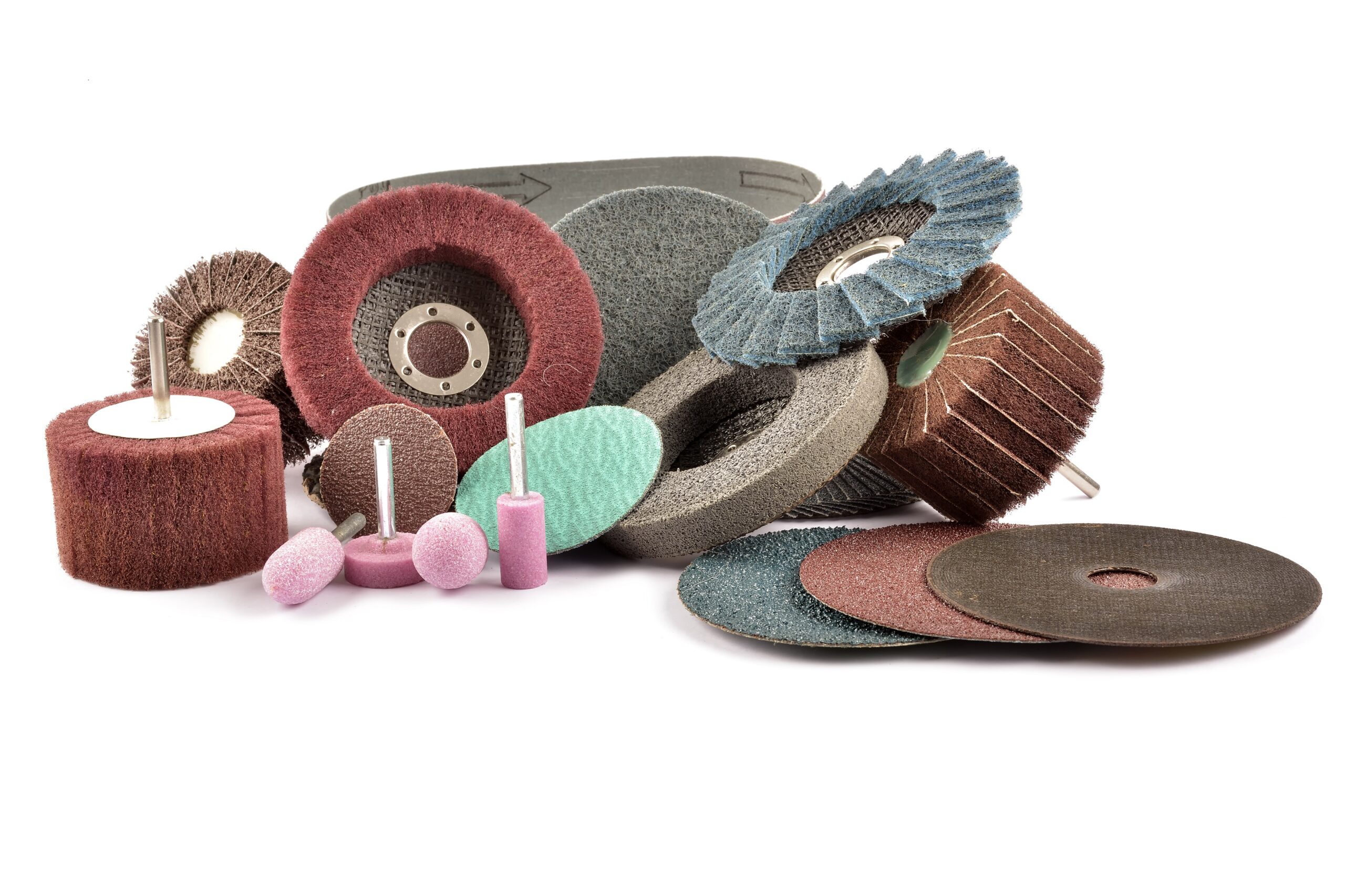
When it comes to cleaning, polishing, and shaping various surfaces, abrasives play a crucial role. From sanding wood to polishing metals, abrasives are an essential tool in many industries. While synthetic abrasives have been the norm for decades, natural abrasives are gaining popularity due to their eco-friendly and sustainable properties. In this article, we’ll delve into the world of natural abrasives, exploring their benefits, applications, and the advantages they offer over synthetic alternatives.
What are Natural Abrasives?
Natural abrasives are derived from minerals found in nature, such as emery and pumice. These minerals have been used for centuries in various applications, from woodworking to metalworking. Unlike synthetic abrasives, which are often made from man-made materials like silicon carbide or aluminum oxide, natural abrasives are a byproduct of geological processes.
Emery: The Ancient Abrasive
Emery, a natural abrasive, has been used for thousands of years. This mineral is a type of corundum, a mineral composed of aluminum oxide (Al2O3). Emery is found in metamorphic rocks and is often associated with other minerals like quartz and feldspar. Its unique properties make it an excellent abrasive, suitable for a range of applications, including woodworking, metalworking, and polishing.
Pumice: The Volcanic Abrasive
Pumice, another natural abrasive, is a type of volcanic rock formed when lava is quickly cooled and solidified. This process creates a porous, lightweight material with a unique texture. Pumice is often used in applications where a gentle, non-abrasive surface is required, such as in polishing ceramics or cleaning delicate surfaces.
Benefits of Natural Abrasives
So, what sets natural abrasives apart from their synthetic counterparts? Here are some key benefits:
Applications of Natural Abrasives
Natural abrasives have a wide range of applications across various industries, including:
Conclusion
Natural abrasives, such as emery and pumice, offer a sustainable and eco-friendly alternative to synthetic abrasives. With their unique properties and benefits, natural abrasives are an excellent choice for industries and DIY enthusiasts alike. Whether you’re a professional woodworker or a DIY enthusiast, natural abrasives are an excellent option for a range of applications. By choosing natural abrasives, you’re not only reducing your environmental footprint but also ensuring a safer and more cost-effective solution for your projects.